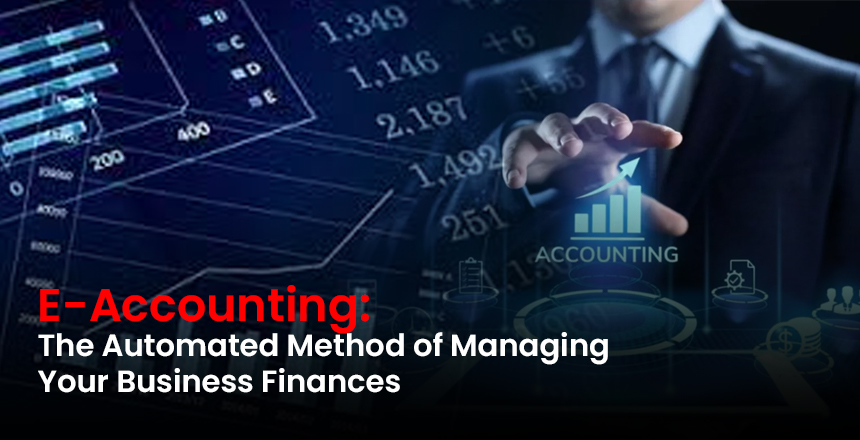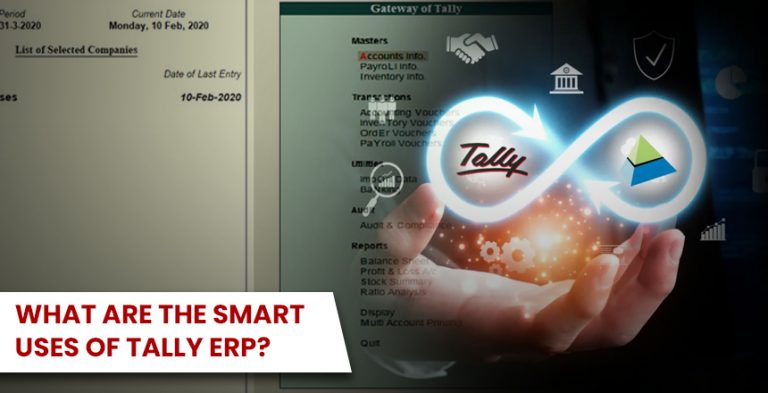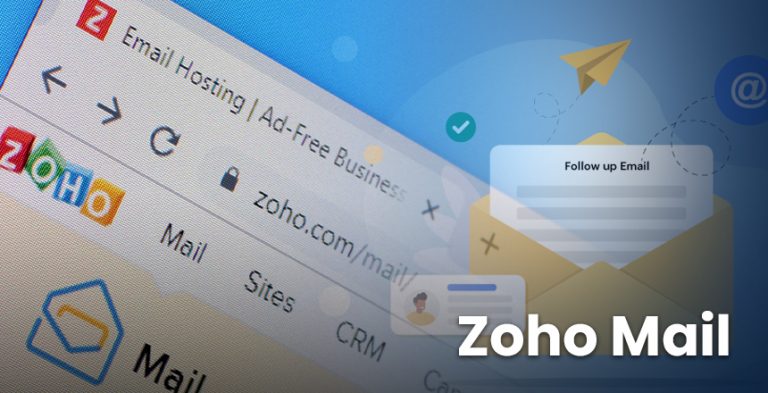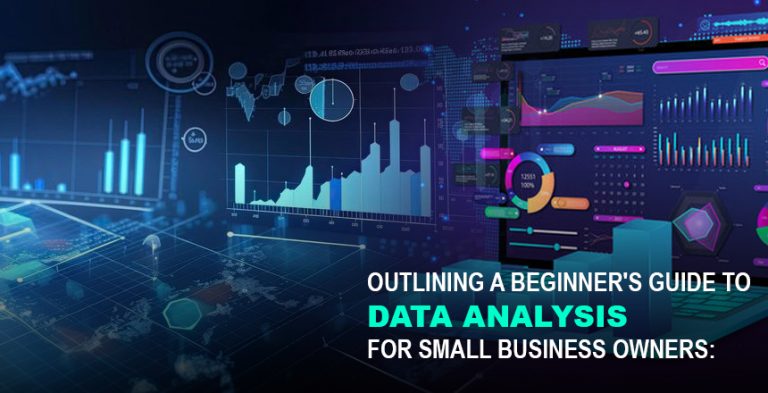E-accounting, otherwise known as electronic accounting, is the practice of accounting
information processed through electronic systems. The modern view of accounting has quickly
grown to be popular due to a variety of advantages it has over traditional accounting methods
and the ability to process large amounts of information. In this article, the reader is going to
learn about the best E-Accounting software, the advantages of using E-Accounting for business,
why it is essential to learn E-Accounting, and the E-Accounting and conventional accounting
system comparison.
Top E-Accounting Software
Some of the top E-Accounting software in the market include:
QuickBooks Online
QuickBooks Online is an accounting tool that provides business organizations, especially those
small and medium enterprises, the required infrastructure for managing financial transactions
and related activities online. Some of the facilities include preparing of invoices, tracking of
expenses, and preparation of financial statements, among others.
Xero
Xero is an international-based company that offers accounting solutions for small businesses,
and they offer many tools to assist different establishments. It includes banking activity, stock,
and payroll processing as its important aspects.
Sage 50cloud
Sage 50cloud is one of the cloud suite Sage products that can be hosted locally or on the cloud.
There are some functionalities like invoicing, inventory tracking, project accounting, etc.
FreshBooks
FreshBooks is an accounting software suitable for freelancers and small businesses, especially
because it is easy to use due to its advanced features. This includes what can be referred to as
tools such as time tracking, expenses management, and online invoicing.
Advantages of E-Accounting for Businesses
E-Accounting offers a range of benefits to businesses, including:
Going ahead and automating some of the financial processes.
E-accounting software reduces the degree of repetitiveness by performing simple accounting
functions like entering data, reconciling accounts, and preparing account statements, thus
freeing businesses from much of this task.
Real-time financial insights
E-accounting makes it possible for the businesses’ to have real-time information about their
financial position and therefore be in a position to make informed decisions within a short duration.
Control of cash resources will be
The use of E-Accounting software will also assist businesses to control their inflow and outflow
of cash, hence cutting short on such pressure.
Enhanced security
The majority of E-Accounting software comes preloaded with features that make its data secure,
such as data encryption and user access control.
Cloud-based accessibility
E-accounting software are usually hosted solutions, enabling incoming data to be accessed
through network connectivity anytime, anywhere, and from any workstation.
Why Learn E-Accounting?
E-accounting is mandatory for efficient business management and, most significantly, for
professionals. The following are compelling reasons to learn E-Accounting:
Career growth opportunities
E-accounting proficiency increases your worth to the employers and also provides wide career
progression.
Improved business efficiency
They can assist your organization in improving your overall efficiency in your journey towards
delivering the best financial results for your organization by learning E-Accounting.
Know the inside workings of the industry.
Since technology is rapidly developing, learning E-Accounting means that you would always be
relevant in your field.
Coordinated and effective communication
Through the use of E-Accounting software, a high level of cooperation is achieved in the
working group or team, ensuring that they tackle issues as a team.
E-Accounting or Virtual Accounting and Traditional Accounting
E-accounting and traditional accounting differ in various aspects, including:
Technology usage
E-accounting utilizes computer-based applications to process information, while traditional
accounting uses lots of paperwork like bookkeeping.
Accessibility
They can be used from anywhere, which is advantageous to businesses employing working
from home or having some branches. In contrast, traditional accounting can only trace records
when one is in the office physically.
Cost-effectiveness
E-accounting is less expensive compared to traditional accounting since it has fewer demands
on the labor force and practically eliminates the possibility of errors. Accounting based on
syllabus will imply more staff and thus greater overhead expense.
Speed and accuracy
E-accounting software enables organizations to prepare financial accounts faster and without
producing a lot of errors. The conventional approaches to accounting may be more likely to
deliver inaccurate results and also generally take more time in comparison with the ASICs.
Finally, E-Accounting is one of the sophisticated methods that help manage a company’s
records now. With the top E-Accounting software and discovering more about E-Accounting,
business organizations can better manage their financial aspects and gather relevant
information about financial performance. It is our hope that you will agree that spending time
learning E-Accounting will not only improve your own profession and advance your own career
but will also serve in molding a better, more efficient, and competitive organization for your
business. Nonetheless, the points suggested in the E-Accounting plan have some advantages
or merits, but I highly recommend that you weigh your business’s requirements and weigh the
pros and cons of E-Accounting against traditional accounting to decide which method will suit
your business organization.








